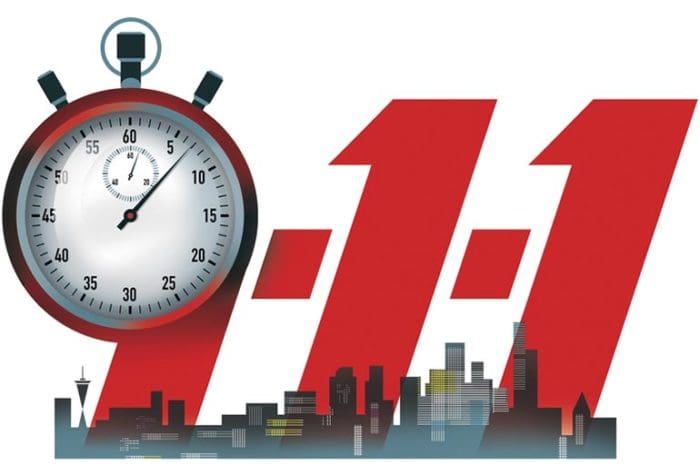By A. Scrivener
Many articles have been written, and many concealed carry class attendees have been told that it’s important, after a defensive gun use, to contact your defense attorney prior to talking to police. For many, such advice seems like common sense. Others may see contacting an attorney after a shooting as opportunity for investigators to claim the defender was being “uncooperative.”
In any case, the debate seems to overlook something subtle, but potentially devastating to the defender who contacts an attorney at any point in the process: third-party exemptions to the attorney-client privilege.
Beginning at the beginning, actions following a self-defense shooting can either be helpful or damaging to you legally. Looking at the traditional “musts,” we see the rather familiar recommendations regarding what to say to the 9-1-1 dispatcher (remember, everything is recorded):
- Give the 911 dispatcher only what is important to get help to your location (9-1-1 dispatchers are not police).
- Report that you were the victim of a criminal attack.
- Explain which type of response (EMS, police, fire) you need. This may be rather redundant and unnecessary as once you report you were attacked all three services will probably be called anyway.
- Describe yourself so responders either know who you are in order to render medical assistance, or so police can distinguish the victim (you) from witnesses and attacker(s).
This is where it can get tricky; reporting that you used your firearm in self-defense, especially if you are holding the attacker at gunpoint. You should already know if you intend to reveal that information immediately. Which is why you should contact your self-defense lawyer at the earliest opportunity after a defensive gun use, perhaps even before calling 9-1-1 (an action that is not without future risk).
Now, about that call to your attorney…
It may seem obvious that you’d tell your attorney the same things you would relate to the 9-1-1 dispatcher. Planning ahead who you will call first, and what will be said is prudent. The 9-1-1 dispatch may be able to get aid to you expeditiously, but your attorney may get you the help you really need.
Calls to your attorney are not generally recorded, but may be monitored by non-electronic means. When contacting your attorney, be sure you can’t be overheard by anyone — anyone at all — even family members. Anything you say while another person is within earshot could be claimed as creating an exemption to the attorney-client privilege, and can be used against you.
The information you exchange with the 9-1-1 operator is risky enough. Be careful not to entangle family or friends as well when you talk to your attorney. And don’t forget that the attacker may still be at the scene, and overhearing what you say to everyone there.
As always, it’s best to have the self-defense scenario discussion with your attorney well before the need ever arises. And, as always, what you read here can’t be relied upon at legal advice.
